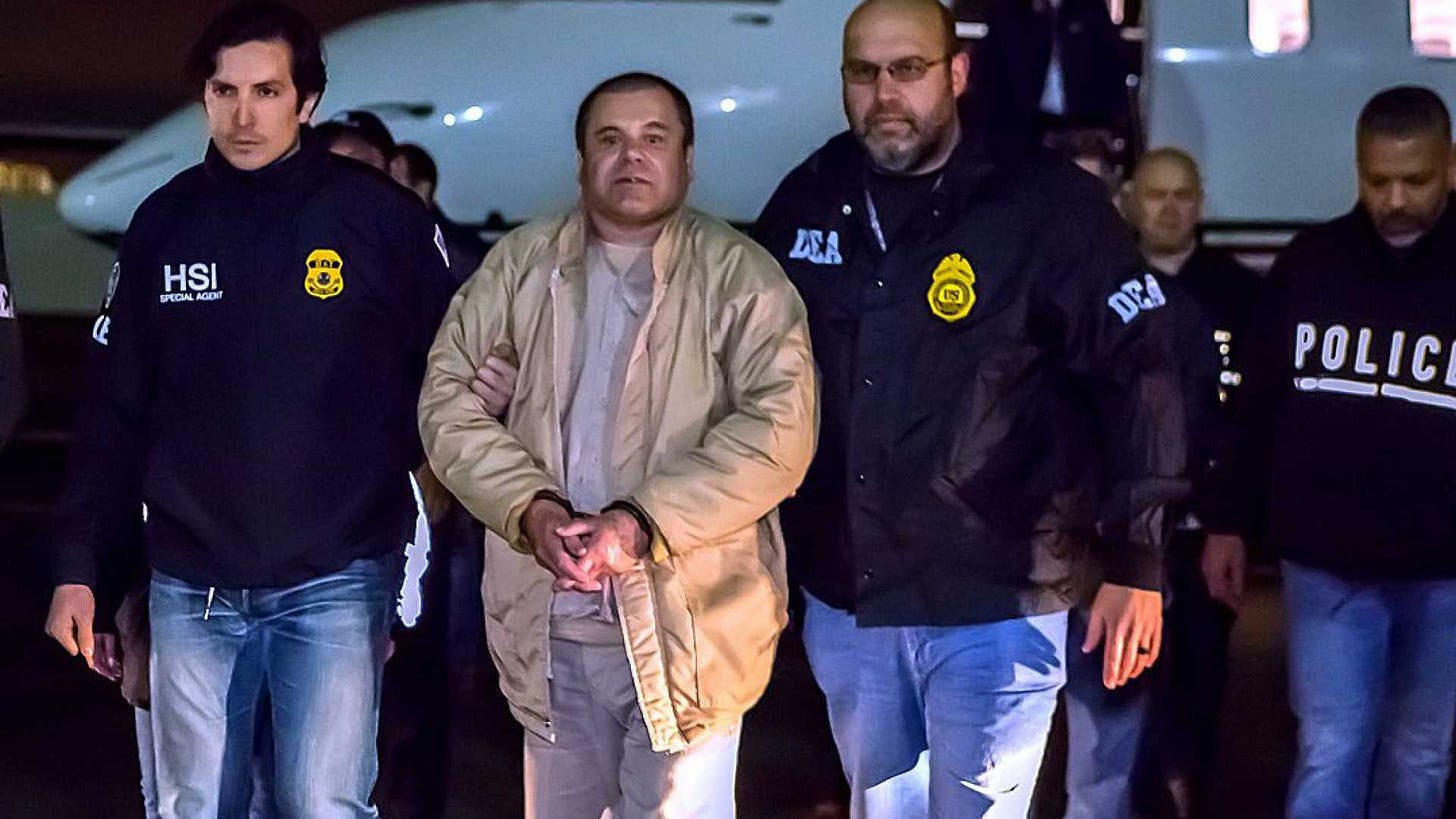Welcome to Yaka Stuff, our weekly newsletter that covers news, industry perspectives, and updates from the Hard Yaka ecosystem. Check out our last report here.
This week:
Making community banks great again
Mexican cartels love Tether
Stuff happens
1. Making community banks great again
The U.S. is one of a handful of economies in the world with a highly decentralized banking system, composed of thousands of regional banks and credit unions across the county.
Rep. French Hill, who serves as Vice Chairman of the House Financial Services Committee (which he is expected to lead once Rep. Patrick McHenry steps down), has published his vision for how to maintain that strategic asset for the country in a document titled, Make Community Banks Great Again.
The document lays out a set of core principles, many of which overlap with our own beliefs surrounding fair access and open banking.
Here’s American Banker:
"I just believe that we've lost our way in attracting new capital into the industry on a de novo basis, the formation of mid-sized companies through mergers and acquisitions, and in the resolution of a failing institution," Hill said in an interview with American Banker.
Among the laundry list of proposals, he says that the Federal Deposit Insurance Corp. should scrap its new brokered deposit rule proposal, going back to the one that was passed in 2020, and he called for a more transparent process and a mechanism for banks to more easily appeal supervisory determinations.
Regulators should be barred from ordering institutions to terminate a customer's account because that customer is involved in certain industries, such as firearms and digital assets, and Congress should "fully investigate the conduct of agency personnel to find if their actions and policies were consistent with applicable laws," Hill said in the document.
2. Mexican cartels love Tether
According to an excellent report from 404 Media:
The court records provide deep insight into how alleged drug traffickers have turned to cryptocurrency, and in particular Tether (USDT), as a way to quickly move wealth across borders in recent years. 404 Media also reviewed other recently unsealed court documents which appear to describe another money laundering organization doing much the same thing for Mexican drug cartels including the Sinaloa, showing that cryptocurrencies have become a normal part of large scale drug trafficking in the 21st century. One of the documents even highlights that Tether is sold for cheaper in Mexico because it is known to be from drug proceeds.
One confidential source told investigators “the current trend was to purchase USDT from Mexico-based groups at a cheaper rate than the market price, and then sell the USDT in Colombia at Casa de Cambios [currency exchanges], virtual currency exchanges, over-the-counter (OTC) transactions, or peer-to-peer transactions (P2P). The USDT was sold at a cheaper rate in Mexico because it was known to be drug proceeds.”
And it’s not just Mexico:
In the second document reviewed by 404 Media, the FBI says it investigated another money laundering organization using cryptocurrency brokers to move money for major Mexican cartels, including the Sinaloa cartel. In that case, the FBI says the organization laundered more than $52 million in drug proceeds before 2021 and 2023. That case, again, involved Tether. In May 2024, a source told investigators that a Costa Rican attorney called Jorge Carmona Madrigal “was seeking to purchase large amounts of USDT.” The document says the laundering was done on behalf of Hector Paez Garcia and David Benguiat Jimenez. A man with that second name abandoned a Lamborghini after crashing it, according to a 2021 media report from Mexico City. The report adds that the man is connected to the Sinaloa Cartel.
And drug trafficking cryptocurrency-related transactions are not limited to the U.S. and South America. In October, U.S. authorities indicted employees for a China-based chemical manufacturing company for allegedly manufacturing and distributing fentanyl. The DEA’s press release said that some of these people maintained Bitcoin wallets to facilitate payment for the synthetic opioids. 404 Media has obtained an internal DEA presentation which showed at a high level how Chinese synthetic opioid producers were being paid in Bitcoin by South America-based drug traffickers. One benefit was that Bitcoin allowed traffickers to "instantaneously send hundreds of thousands of dollars globally,” the presentation says.





cartels is just tip of the iceberg… Tether is also the vehicle for sanctions evasion, slave trading, and every kind of fraud.
and it just so happens that the guy managing Tether's $132 billion is the chairman of the Trump transition team, currently in charge of choosing things like who will run the FBI.
https://cryptadamus.substack.com/p/trumps-transition-team-is-tethered